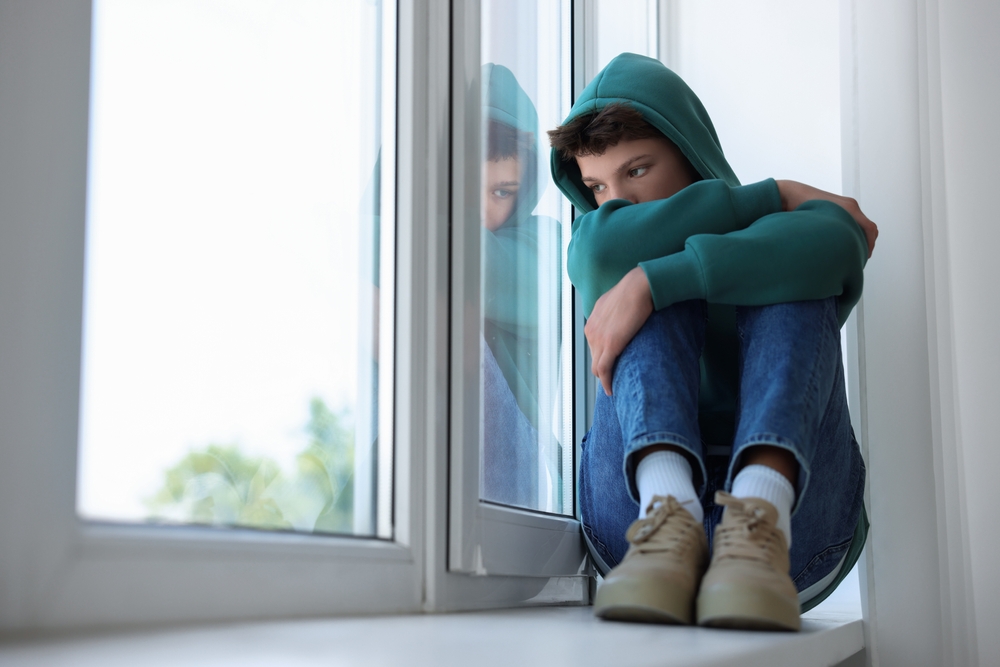The Mayo Clinic describes bipolar disorder as a mental illness that is characterized by extreme mood changes. This encompasses both emotional highs (mania, hypomania) and lows (depression). Bipolar disorder was formerly known as manic depression.
3 Types Of Bipolar Disorder
1. Someone with Bipolar I Disorder will have at least one manic episode, followed by hypomanic and depressive episodes. In some people, there is the risk of mania that triggers a break from reality, or psychosis. In psychosis, a person can experience delusions, hallucinations, and paranoia.
2. Someone with Bipolar II Disorder will have at least one hypomanic episode and one depressive episode, but never a manic episode.
3. Cyclothymia Disorder. In other cases, cyclothymia can occur, where episodes of hypomania and minor depression happen over two years in adults and one year in children. It is often the precursor to either bipolar I or II, especially in younger people.
What Are Mania and Hypomania?
Mania and hypomania are two different varieties of episodes that bipolar individuals may experience as an emotional high. Mania is distinguished from hypomania because it’s more severe and can lead to psychosis and require hospitalization.
A manic or hypomanic episode will include at least three of the following symptoms:
- increase in activity or energy
- unusual feeling of being jumpy or upbeat or wired
- unusual talkativeness
- decreased need for sleep
- distractibility
- racing thoughts
- exaggerated sense of confidence
- euphoric feeling of well-being
- impulsive or poor decision-making.
A person suffering from a manic episode will generally seem confident, friendly, and extroverted.
What Is A Major Depressive Episode Resulting From Bipolar Disorder?
Bipolar disorder has the potential to cause a major depressive episode, which can greatly impact daily life. During this episode, a person may experience five or more of the following signs:
- losing interest in activities that used to bring joy
- sleeping too much or too little
- feeling exhausted
- moving too slowly or being unable to sit still
- difficulty concentrating or making decisions
- a change in weight or appetite
- feeling sad, empty, or hopeless
- a sense of guilt or worthlessness that doesn’t fit the situation, and
- thoughts of suicide
How Can Psychiatry Help Someone With Bipolar Disorder?
Despite the euphoric highs of bipolar disorder, the subsequent depressive episodes are devastating (potentially with legal, financial, or social ramifications from the impulsive emotional highs of mania). The unpredictability of bipolar disorder has an effect on the individual as well as their loved ones. Fortunately, modern medicine has a significant role in the treatment of bipolar disorder. Combined with talk therapy, patients can learn about their episodes and utilize mood-stabilizing medication to cope with the symptoms of bipolar disorder. If the proper diagnosis and treatment are employed, someone with bipolar disorder can once again feel in charge of their lives.
At Mental Health Haven in Stuart, FL, each patient receives personalized care. Our office can provide treatments for bipolar disorder including medication, psychotherapy, or a combination of both. To learn more, contact Kristen Chambers, your Psychiatric Mental Health Nurse Practitioner, and schedule your first appointment toward recovery.




